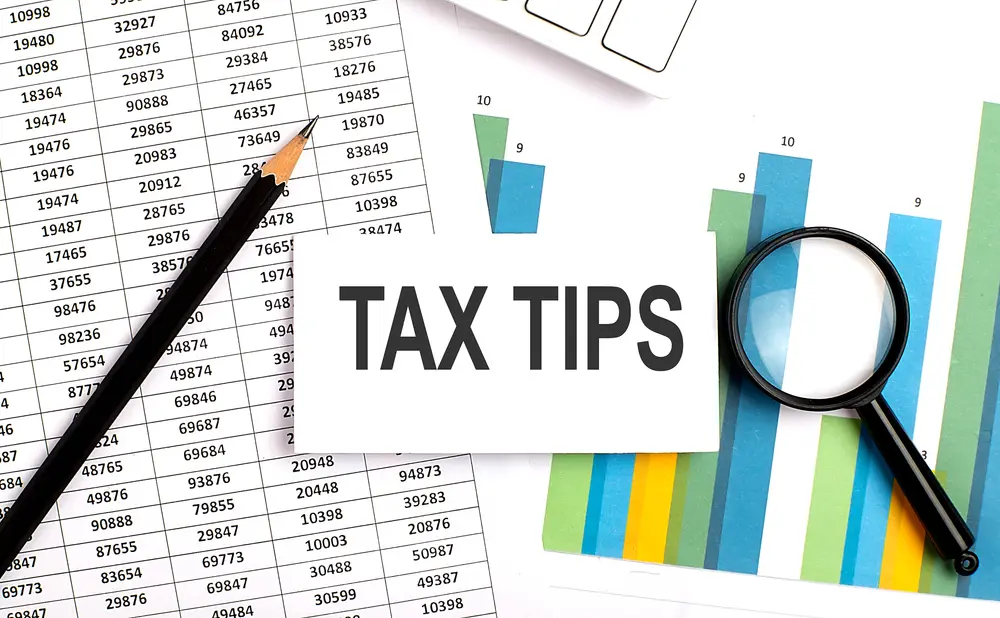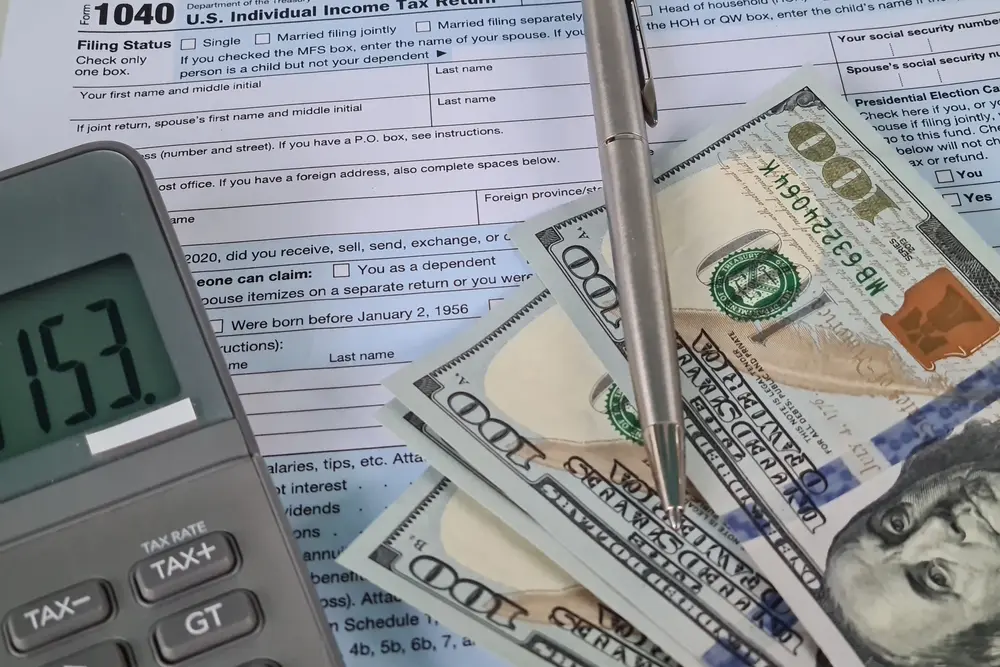Whether you’re a casual or professional gambler, your winnings are taxable. However, the Treasury Inspector General for Tax Administration reports that gambling income is vastly underreported. Failing to report winnings accurately can lead to back taxes, interest and penalties. Here’s what you need to know to stay compliant and potentially minimize your tax liability.










